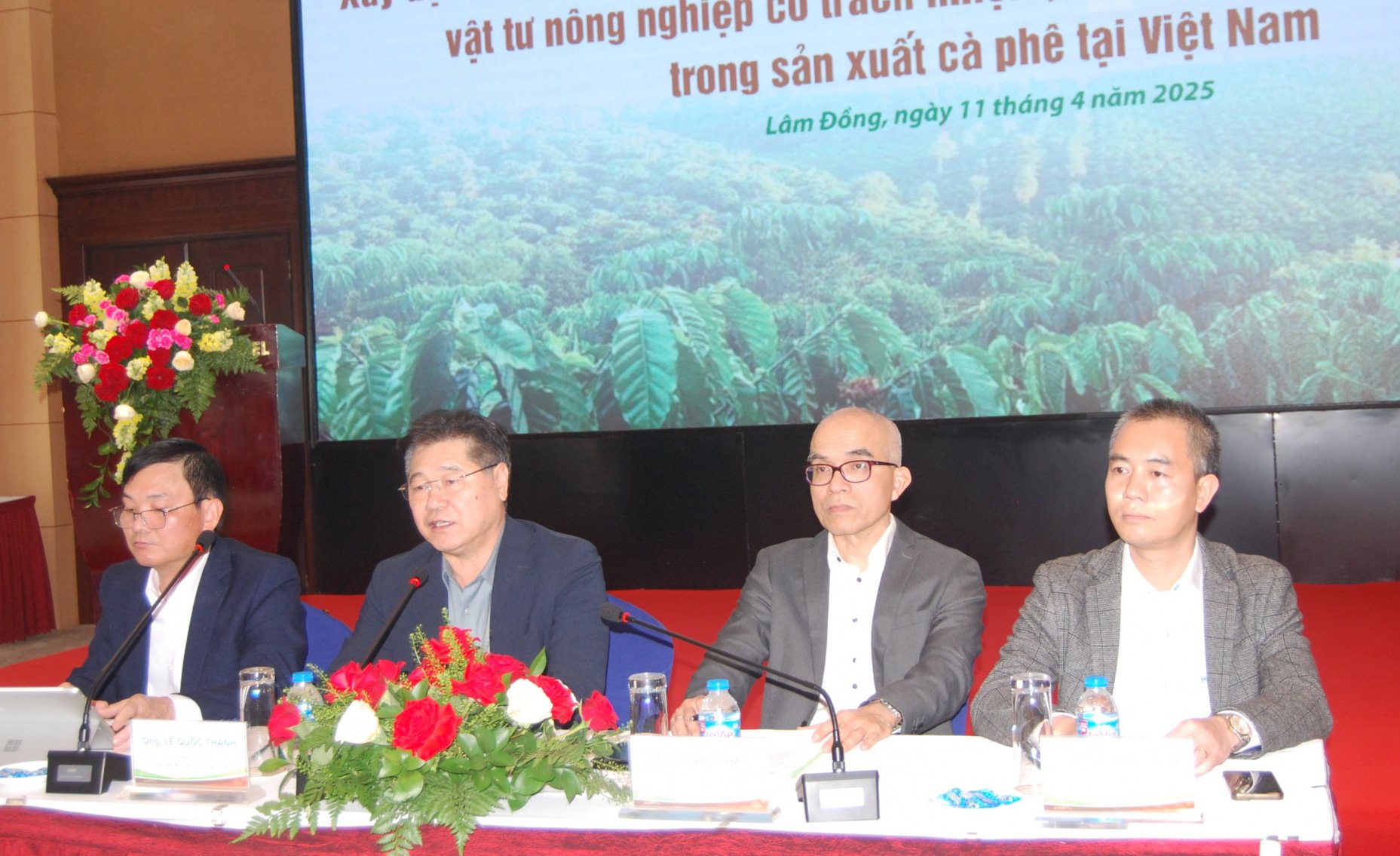 |
| Workshop Chair |
Attending the event were about 150 delegates from the Department of Agriculture and Environment, Agricultural Extension Centers of Kon Tum, Dak Lak, Dak Nong provinces; research institutes, universities, colleges; Coffee Production Association; enterprises producing and trading agricultural materials and coffee in the Central Highlands; cooperatives, cooperative groups, coffee producing households in Lam Dong province; Sustainable Trade Initiative Organization; Community Development Center, etc.
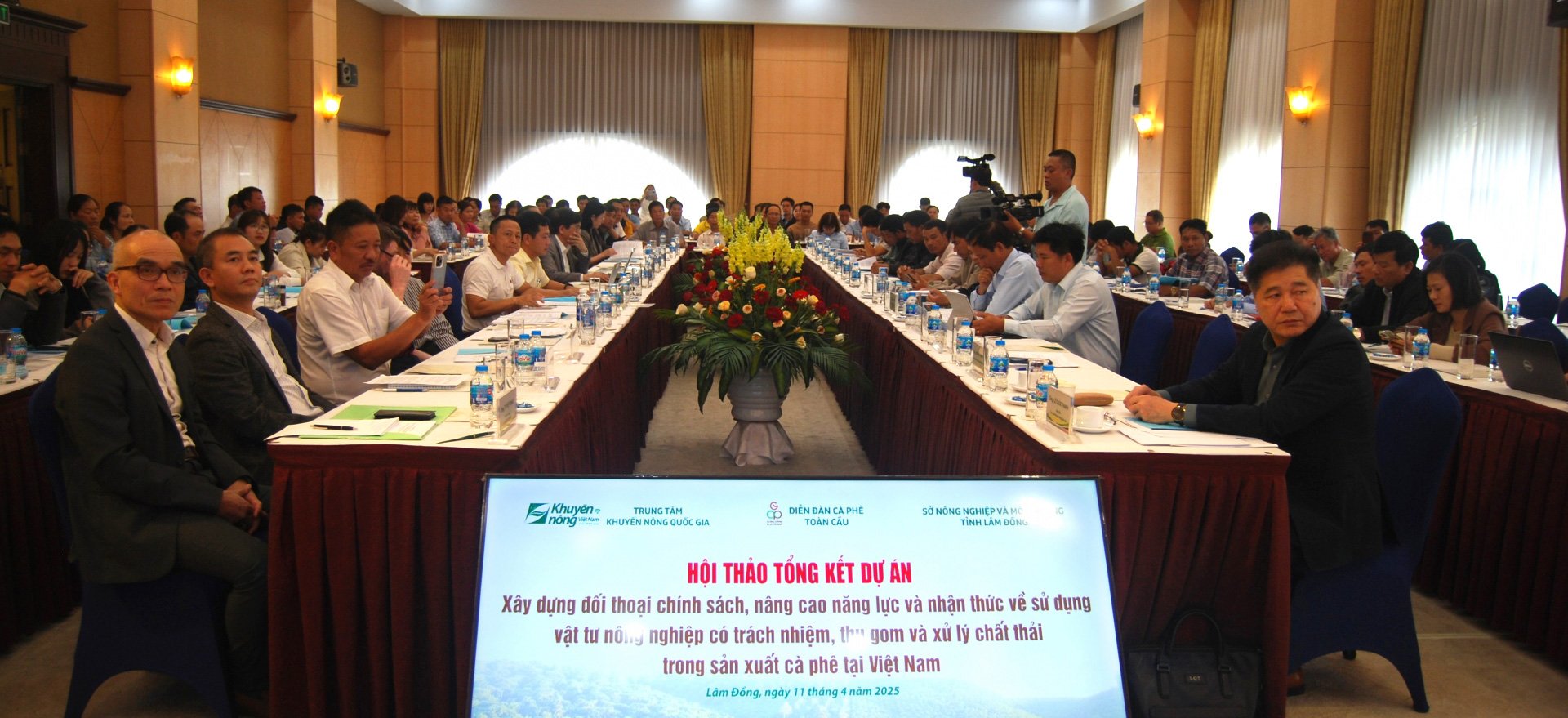 |
| Conference Scene |
Reporting at the Workshop, the National Agricultural Extension Center stated that currently, waste management in the coffee industry in Vietnam still has many limitations due to people's awareness, unsynchronized treatment technology and lack of support policies.
Waste from coffee production (fruit peels, coffee grounds, processing wastewater, fertilizer packaging, pesticides...) is causing negative impacts on the environment (due to wet processing wastewater and bean washing), soil degradation (due to unreasonable use of chemical fertilizers and pesticides causing imbalance in the microbiome), greenhouse gas emissions (CO2, CH4, N2O from processing and transportation).
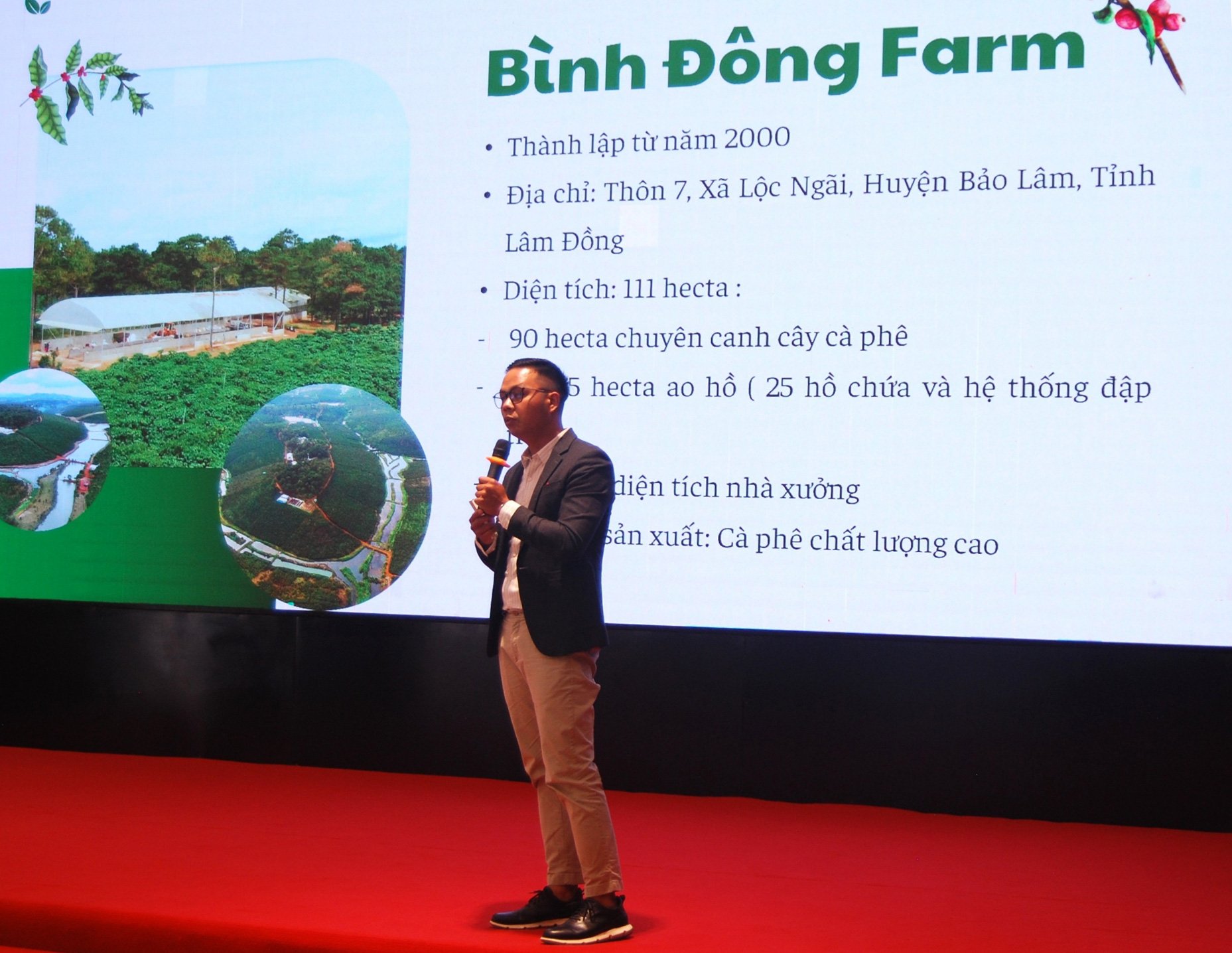 |
| Introducing the sustainable coffee production model of Lam Dong province at the Workshop |
Ensuring responsible use of agricultural inputs, proper collection and treatment of waste is a long-term process, requiring synchronous changes from policy to producer behavior. In that context, the Ministry of Agriculture and Rural Development has approved the Project document on Building policy dialogue, enhancing capacity and awareness on responsible use of agricultural inputs, collection and treatment of waste in coffee production in Vietnam, sponsored by the Global Coffee Platform (GCP) in Vietnam.
The general objective is to raise awareness among agricultural extension officers, community extension officers, farmers, coffee producers and relevant partners about the current situation of the use of pesticides affecting the environment; master measures for collecting and managing waste in coffee production; enhance the role and responsibility in the use of agricultural inputs (seeds, pesticides, herbicides, fertilizers, irrigation water, etc.) in coffee production, contributing to improving product quality, protecting community health and protecting the environment.
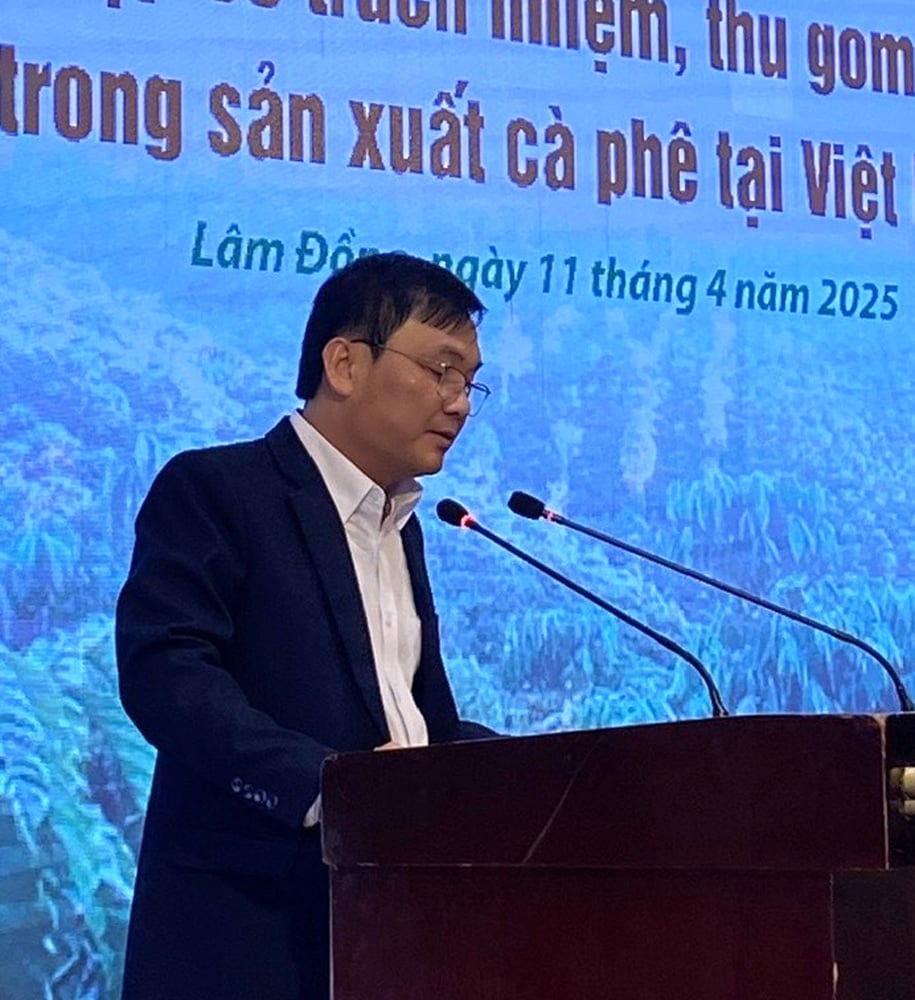 |
| Deputy Director of Lam Dong Department of Agriculture and Environment Nguyen Hoang Phuc spoke at the Workshop |
Speaking at the workshop, Deputy Director of Lam Dong Department of Agriculture and Environment Nguyen Hoang Phuc said that the commercial coffee growing area of Lam Dong province is nearly 170,000 hectares, with an average yield of 3.4 tons of beans/ha. Of which, 86,000 hectares meet organic certification standards, VietGAP, 4C... The province's total coffee bean export output in 2024 will reach 50,000 tons, with a total export turnover of 170 million USD.
To continue producing safe and sustainable coffee, Lam Dong province regularly inspects and checks compliance with legal regulations in the collection and treatment of by-products, pesticide packaging; treatment of waste and wastewater in coffee processing in the area...
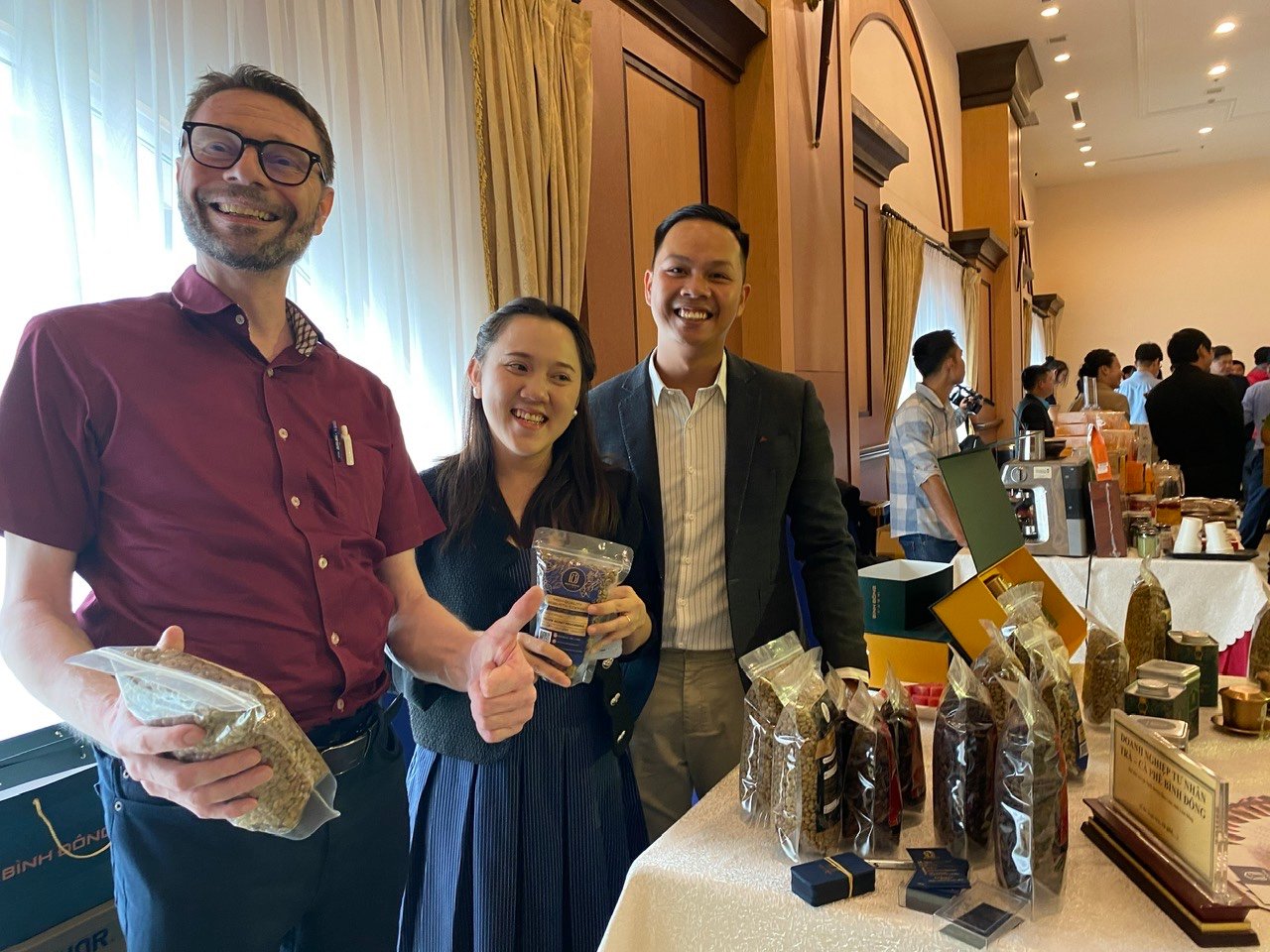 |
| Display of sustainable coffee production products at the Workshop |
The opinions from experts, businesses, and farmers on sustainable coffee production processes, strengthening community communication, and programs to support farmers in developing coffee while protecting the environment were shared by the workshop's chair, with technical solutions and directions for more responsible coffee production to protect the environment, improve quality, and economic efficiency for producers...
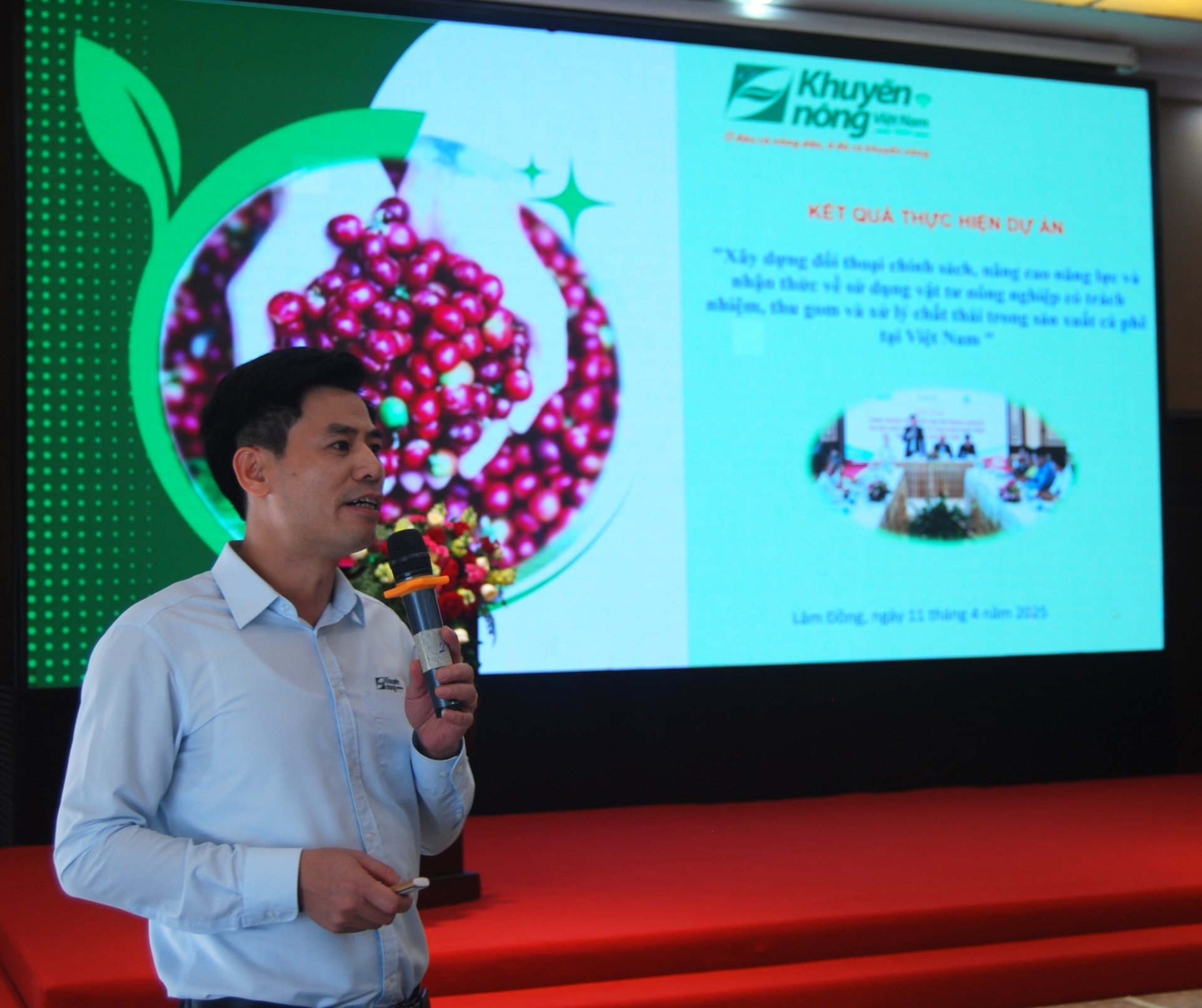 |
| Delegates' speeches at the Workshop |
Director of the National Agricultural Extension Center Le Quoc Thanh said that the Global Coffee Forum initiative on capacity building and awareness of responsible use of agricultural materials is very timely and appropriate. Accordingly, the National Agricultural Extension Center actively and strongly participates in building a community agricultural extension team; annually organizes hundreds of training courses to build and connect sustainable production of thousands of hectares of key coffee material areas nationwide.
Among them, there are many successful models of using materials responsibly, producing coffee products that meet safety standards, are environmentally sustainable, and save input costs, thereby forming a new mindset for coffee production according to the value-added chain, achieving high economic efficiency.
Through the discussion of delegates on the roles and responsibilities of the parties, as well as the difficulties and advantages of community agricultural extension teams in promoting the collection and treatment of waste in current coffee production, the contributions and proposals from the workshop were recorded, synthesized and analyzed by the National Agricultural Extension Center, serving as an important basis for developing policy recommendations and practical solutions to improve waste management and the use of agricultural materials in the sustainable coffee production industry in the coming time...
Source: https://baolamdong.vn/kinh-te/202504/su-dung-vat-tu-nong-nghiep-co-trach-nhiem-thu-gom-va-xu-ly-chat-thai-trong-san-xuat-ca-phe-tai-viet-nam-c027d9f/


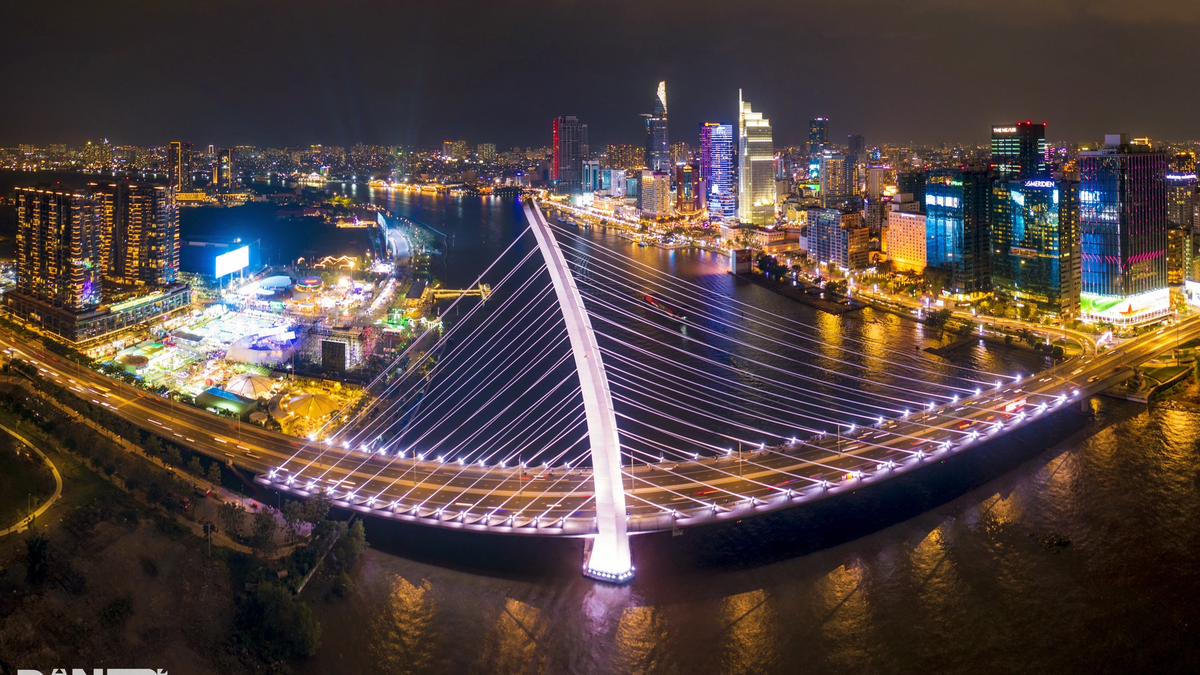
![[Photo] Demonstration aircraft and helicopters flying the Party flag and the national flag took off from Bien Hoa airport](https://vphoto.vietnam.vn/thumb/1200x675/vietnam/resource/IMAGE/2025/4/30/b3b28c18f9a7424f9e2b87b0ad581d05)
![[Photo] Ho Chi Minh City residents "stay up all night" waiting for the April 30th celebration](https://vphoto.vietnam.vn/thumb/1200x675/vietnam/resource/IMAGE/2025/4/30/560e44ae9dad47669cbc4415766deccf)
![[Photo] Ho Chi Minh City: People are willing to stay up all night to watch the parade](https://vphoto.vietnam.vn/thumb/1200x675/vietnam/resource/IMAGE/2025/4/29/cf71fdfd4d814022ac35377a7f34dfd1)
![[Photo] General Secretary attends special art program "Spring of Unification"](https://vphoto.vietnam.vn/thumb/1200x675/vietnam/resource/IMAGE/2025/4/29/e90c8902ae5c4958b79e26b20700a980)
![[Photo] Hanoi is brightly decorated to celebrate the 50th anniversary of National Reunification Day](https://vphoto.vietnam.vn/thumb/1200x675/vietnam/resource/IMAGE/2025/4/29/ad75eff9e4e14ac2af4e6636843a6b53)

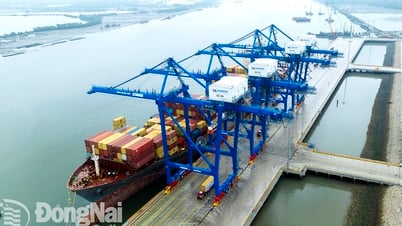
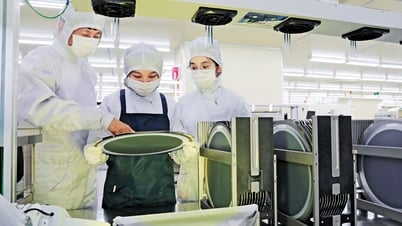

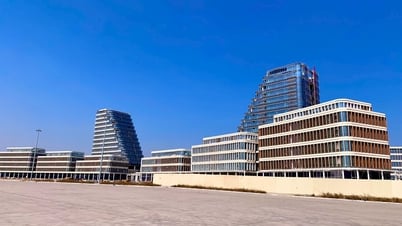







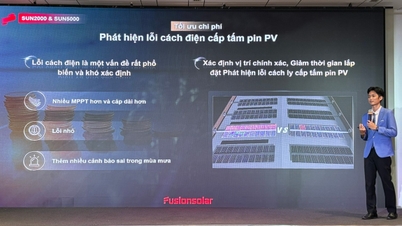


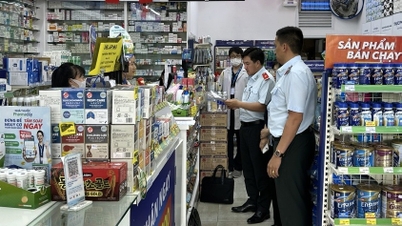
![[Photo] Prime Minister Pham Minh Chinh meets to prepare for negotiations with the United States](https://vphoto.vietnam.vn/thumb/1200x675/vietnam/resource/IMAGE/2025/4/29/76e3106b9a114f37a2905bc41df55f48)
![[Photo] Nghe An: Bustling atmosphere celebrating the 50th anniversary of Southern Liberation and National Reunification Day](https://vphoto.vietnam.vn/thumb/1200x675/vietnam/resource/IMAGE/2025/4/29/64f2981da7bb4b0eb1940aa64034e6a7)











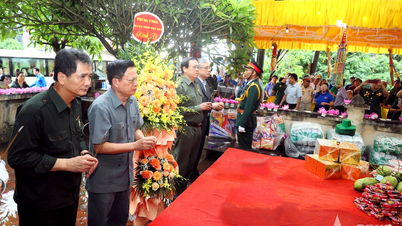
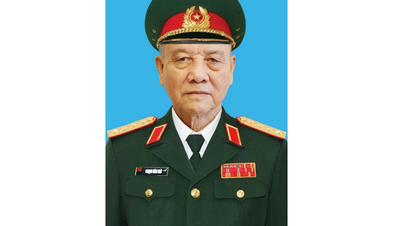














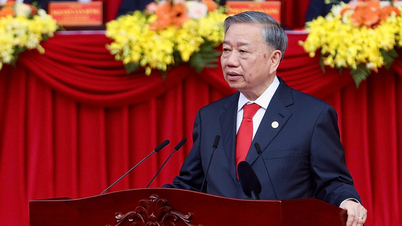












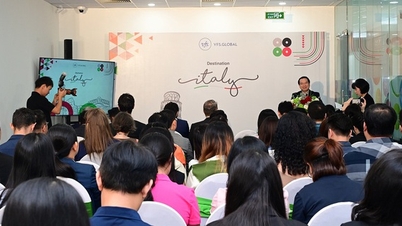

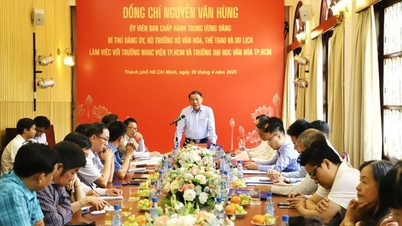
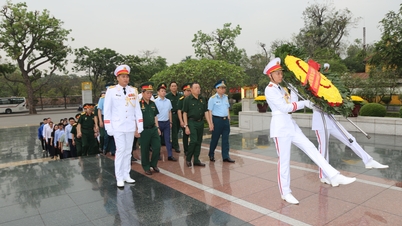




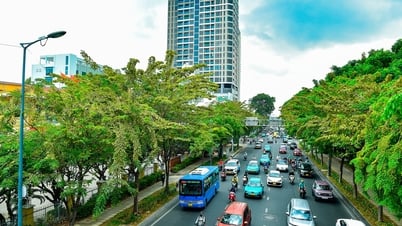











Comment (0)